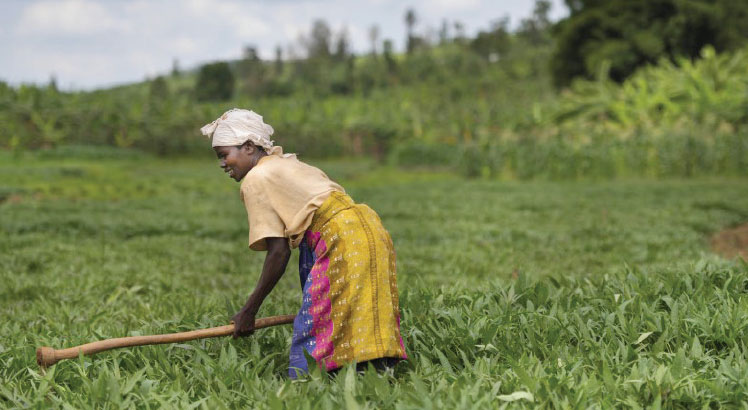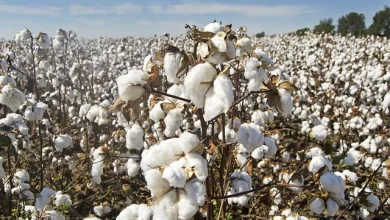Maize, g/nuts key to GDP growth—study
The National Planning Commission (NPC) and experts have said putting in place deliberate policies to ensure that maize and groundnuts output is predictable can grow the country’s gross domestic product (GDP).
The NPC and experts’ observations come from a study NPC conducted recently through its Malawi Priorities Project supported by the African Institute for Development Policy (Afidep).

The study identified maize and groundnuts as high-value crops with the potential for export growth.
The study also found that by lifting the maize export ban, the economy could annually gain K61 billion, representing one percent GDP from the crop while K6.3 billion is projected from groundnuts, representing 0.5 percent of GDP.
Speaking on Thursday in Lilongwe during a panel discussion on how to create wealth through maize and groundnuts exports in Malawi, NPC director general Thomas Chataghalala Munthali noted that government has limited export crops, but maize which continues to be restricted has market potential with high demand in Africa.
He said maize and groundnuts production are commonly championed by smallholder farmers; hence, removing restrictions will economically benefit small-scale farmers and achieve national inclusive wealth creation.
Said Munthali: “The good thing is that Malawians heavily produce maize, including groundnuts and by lifting the export ban, you attract private sector participation.
“Our studies show that if we focus on alternative crops other than tobacco, maize and groundnuts are coming out as some of those crops. If we remove restrictions on maize and give freedom to farmers to produce and sell, the benefits are enormous.”
He said the Malawi 2063, the country’s long-term development plan, has agriculture productivity and commercialisation as key pillars; hence, the NPC is working to provide evidence-based policy and plans.
A representative of the private sector investors in the agriculture sector, Pyxus Agriculture managing director Ronald Ngwira advised government to depoliticise maize to make its production and marketing predictable by removing restrictions for economic benefits.
On his part, AHL Group operation executive Davis Manyenje and Agricultural Commodity Exchange for Africa chief executive officer Christian Moller agreed that Malawi can benefit from food deficits of countries in the region to export maize and groundnuts.
On his part, Agriculture Commercialisation project national coordinator Ted Nakhumwa said the country can leverage on cooperatives the Agcom is working with to produce in bulk given ready maize markets.
Ministry of Trade Principal Secretary Christina Zakeyo said government will from time to time review the policy on maize through the domestic food balance sheet assessment to ensure the balance between national food needs and export demands.





